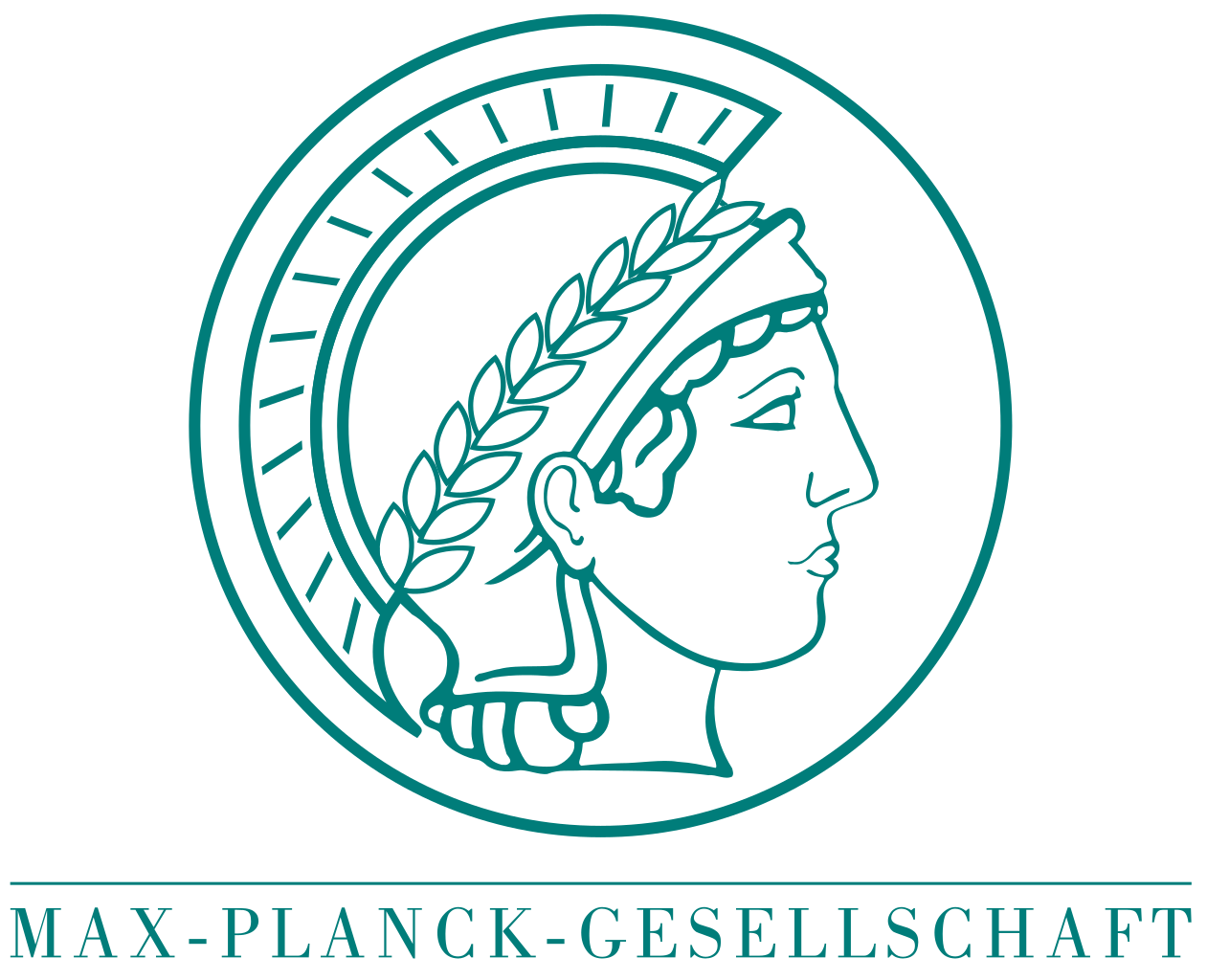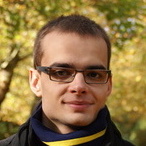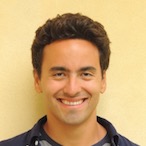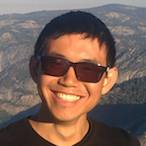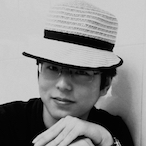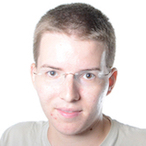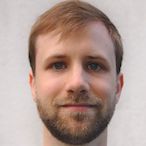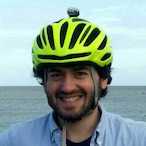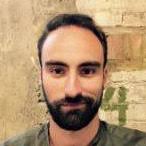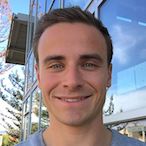The idea for the first external Cambridge Tübingen Meeting was born in early 2017. For the format of the meeting we envisioned relatively unguided, in-depth discussions of a few selected topics that would be chosen during the meeting. The overall goal is to detect overlap in the research interests of the current CamTue students and foster potential collaborations. A large Finca in a remote location on Mallorca should keep our minds from daily tasks and enable open-ended, elaborate discussions. It provides an atmosphere quite distinct from the bi-annual CamTue meetings in Tübingen and Cambridge. Furthermore, to set a focus topic of shared interest for the meeting, we decided to invite a renowned researcher in the respective field for part of the workshop. Fortunately, we were lucky to win James Hensman from prowler.io to join us for two nights and speak about “Sparse Gaussian Processes”, “Rate Modelling with Cox Processes” and some further research projects currently underway at prowler.io.
We started on Monday, 20 November with an introductory round, where everyone gave a brief update of their research endeavours and internships over the past months. Stay tuned at the CamTue blog to learn more about our research. With some of us based in Cambridge, others in Tübingen and people having interned at Microsoft Research in Redmond, Amazon in Cambridge, Google in Mountain View, Facebook AI Research in Paris, prowler.io in Cambridge, and in Hong Kong in the summer, we got multifaceted insights not only into the current work done at two of the most prestigious European machine learning labs, but also at several major corporate players in the field. During this intro round we identified multiple topics for potential collaboration and proposed specific ideas for in-depth discussion later on. Hot topics that were intensely debated throughout the week included applying causality to problems in deep learning, e.g. video prediction, reinforcement learning, e.g. to avoid reward hacking, learning disentangled representations, or fairness and interpretability. Bayesian neural networks, deep Gaussian processes, as well as combining GPs with NNs also sparked great interest among all of us.
On Tuesday, James Hensman did a great job giving multiple inspiring talks about recent advances in (sparse) Gaussian processes including deep GPs and convolutional GPs, rate modelling with Cox processes as well as variational Fourier features. Some of these projects were closely related to current real world projects pursued at prowler.io, rendering them even more exciting. It was great to have James around also for a big BBQ on Monday as well as the conference dinner and drinks in Palma de Mallorca on Tuesday. Having time to further chat about research in an informal environment also after the official talks and Q&A sessions was an extremely valuable asset.
Going into more detail, on Wednesday, we split up into three smaller groups, each taking some time to read a specific paper we agreed upon together up front. Afterwards, each group presented the paper and their thoughts on it to all the others. The papers were all chosen based on discussions we had the days before and that seemed of relevance to potential collaborative research topics. In the afternoon Bernhard Schölkopf joined remotely to speak about learning causal systems, also emphasizing the role of causality for learning disentangled representations. Partially motivated by the subsequent discussions about current work on disentangling representations with variational autoencoders, e.g. the beta-VAE, some of us are currently already collaborating on related topics.
On Thursday we finished up our paper presentation round and also made some free time to go to the beach, prepare another amazing BBQ and engage in informal conversations about various topics in and around machine learning. In smaller groups we followed up on questions that arose during the workshop. To conclude, we came together to discuss how we could proactively promote and improve the CamTue program and came up with some ideas including a homepage with a blog of our research that we plan to implement in the months to come. On Friday the meeting came to an end, one after another we headed out to go back to Cambridge and Tübingen. Overall the meeting was a great success and we were surprised how productive we were. We got back to our labs not only more knowledgeable, but also inspired and motivated to tackle some of the questions we had worked out.

